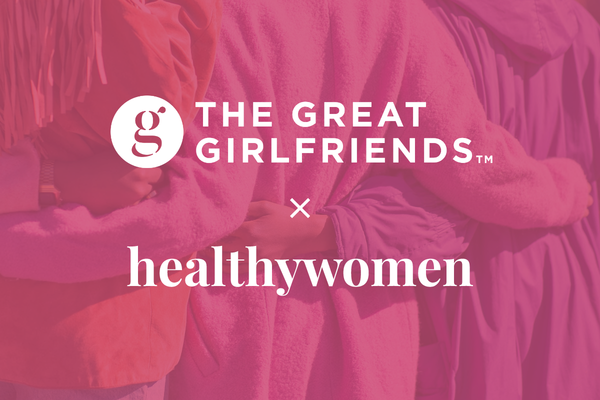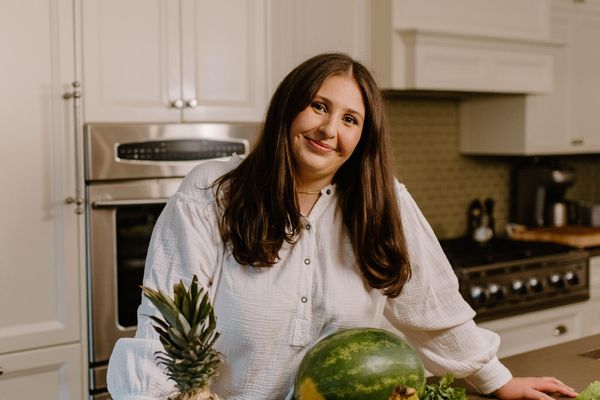Deciding to donate your organs is not only an important decision, it's one that can have far-reaching effects on many lives. Organs from one donor can help or save as many as 50 people, an important fact, considering estimates show that about 21 people will die every day in the United States due to lack of donor organs.
Every 10 minutes, another person is added to the donation waiting list.
In organ donation, healthy organs and tissues are taken from one person to be transplanted into another. These include the heart, lungs, kidneys, liver, pancreas, intestines, corneas, skin and even the hands and face (the latter two have been recently added).
Additionally, bone, blood vessels, connective tissue, bone marrow and stem cells, umbilical cord blood and peripheral blood stem cells can be donated.
Most donations take place after the donor has died, but there are instances where some organs and tissues can be donated while the donor is alive, such as donating a kidney, bone marrow or stem cells.
Making the decision to donate can be confusing, not just because it's difficult to think about what will happen to your body after you die, but because of fears about the process.
Here are some misconceptions surrounding organ donation:
I can't be a donor if I'm very young or very old.
You can be a donor at any age—in fact, newborns and senior citizens have been donors. People under 18 need consent from their parent to register as an organ donor. Older donors can decide at any time. Their organs and tissues will be evaluated at the time of death to determine their eligibility.
If doctors know I'm a donor, I won't receive the same level of care in a life or death situation.
A doctor's job is to save lives—regardless of the circumstances.
I might be declared dead before it's appropriate if a doctor knows I'm a donor.
The opposite is true: Organ donors are tested more extensively to determine official death than non-organ donors.
Organ donation is not condoned by my religion.
Many major religions do support donation. Among those that are in favor of donation are Judaism, Catholicism, Mormonism, Lutheran, Episcopal and Presbyterian churches.
I cannot have an open-casket funeral if I'm an organ donor.
In this type of burial, you are fully clothed, so there will be no signs of the donation. Special care is also given to ensure that any signs of bone and skin donation are minimal and that any signs of donation are not visible once the body is placed in the casket. (Skin donation involves taking a very thin sample, which results in redness, like a sunburn.)
I'm not in great health, so I shouldn't be a donor.
At the time of death, medical experts will evaluate your organs' suitability for donation. Most health conditions will not prevent you from being able to donate. Conditions that could prevent you from donating are an HIV infection, active cancer or a systemic infection.
I only want to donate one organ, but doctors will take them all.
You can specify which organs you'd like to donate, and only those identified will be taken.
My family will incur expenses from the donation.
The only expenses will be those from any medical procedures performed to save the donor's life. There are no costs associated with the postmortem procedure for donation.
My organ might be sold on the black market.
There are many frightening stories about organs being sold for profit, but these are strictly urban legends. The process is so medically involved and complex that donating organs and selling them on the street is impossible.
Rich and famous people are given preference on the list of people awaiting donors.
Perhaps this belief began because of the publicity surrounding a well-known person's receipt of a transplant, but no priority is given for either celebrity or financial status.
Click on either link below to find out how to donate:
www.dmv.org/organ-donor.php
www.organdonor.gov/register.html

Misconceptions About Organ Donation
Learn how to become an organ donor along with other organ donation facts.
Apr 20, 2017
Apr 22, 2024
Lifestyle





